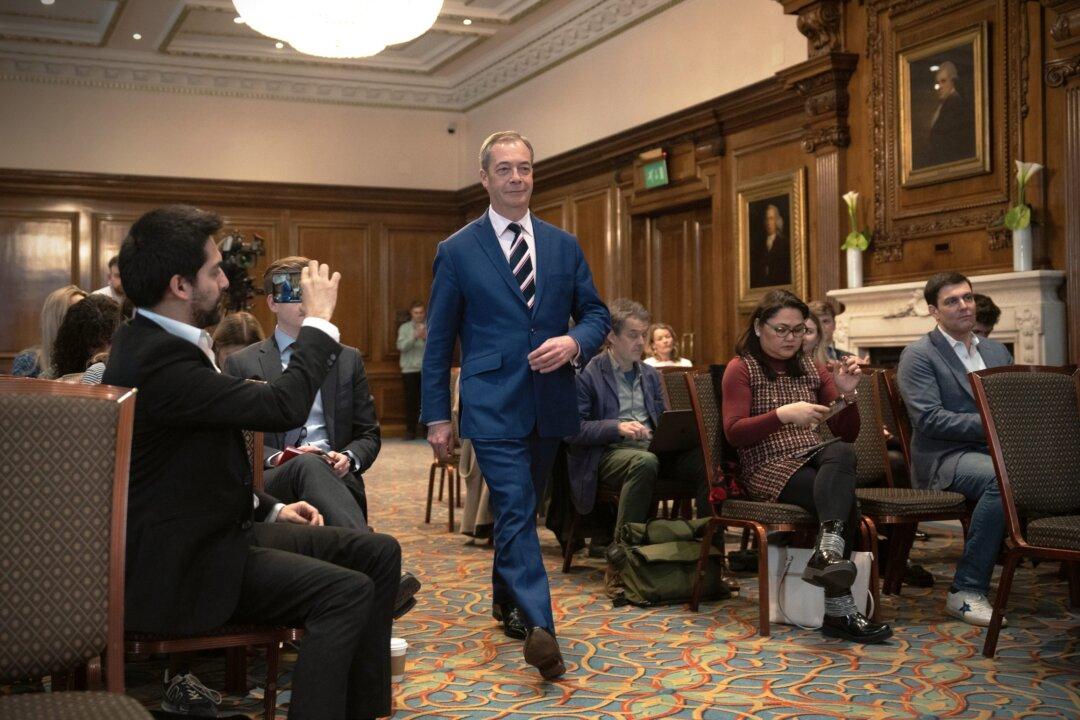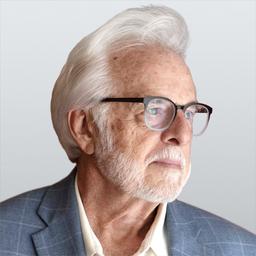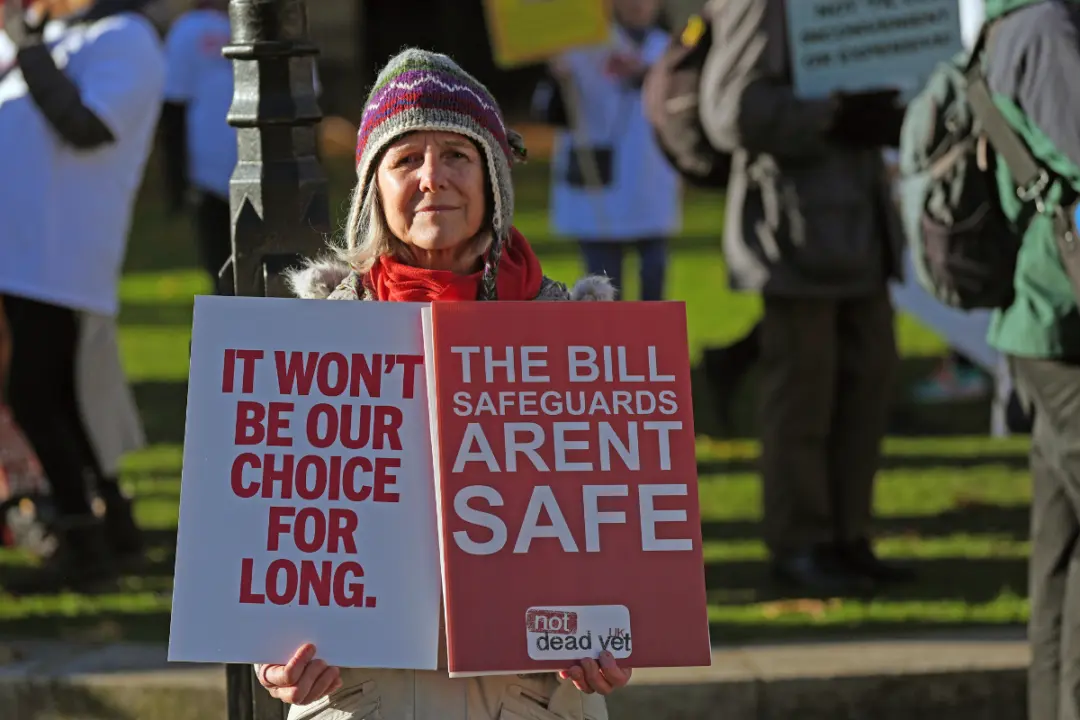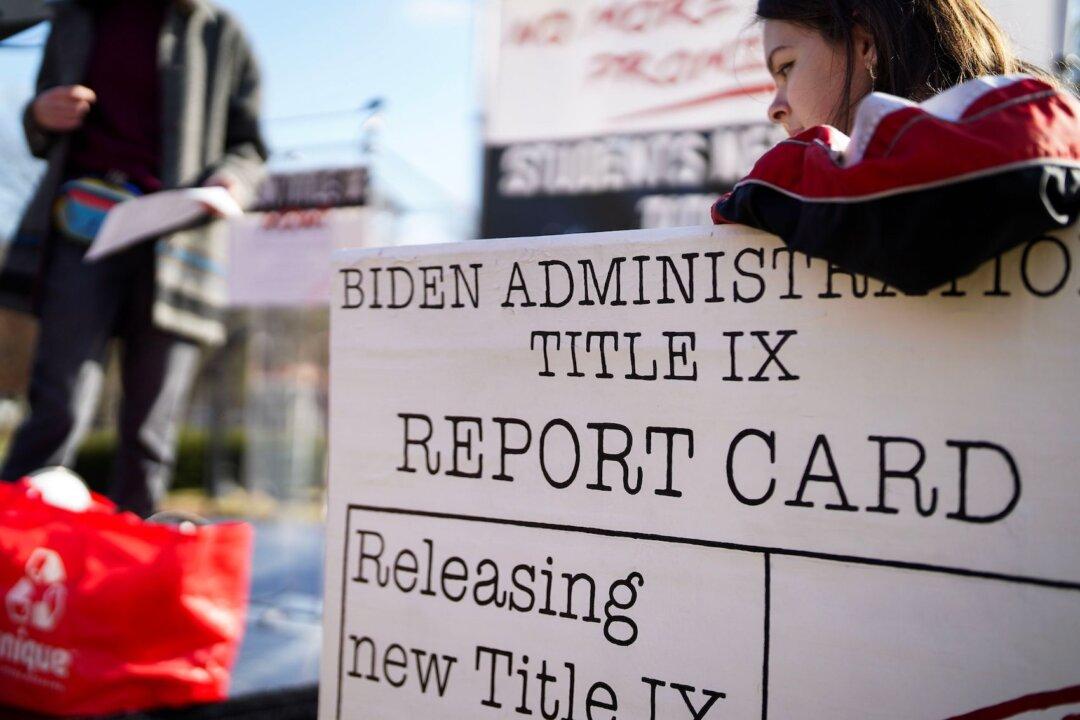Commentary
The U.S. Supreme Court recently ruled that it’s unconstitutional for Colorado to punish a commercial designer for refusing to create a same-sex wedding website in violation of her Christian beliefs. In 303 Creative v. Elenis, the court didn’t, as its critics contend, validate discrimination based on sexual orientation.





